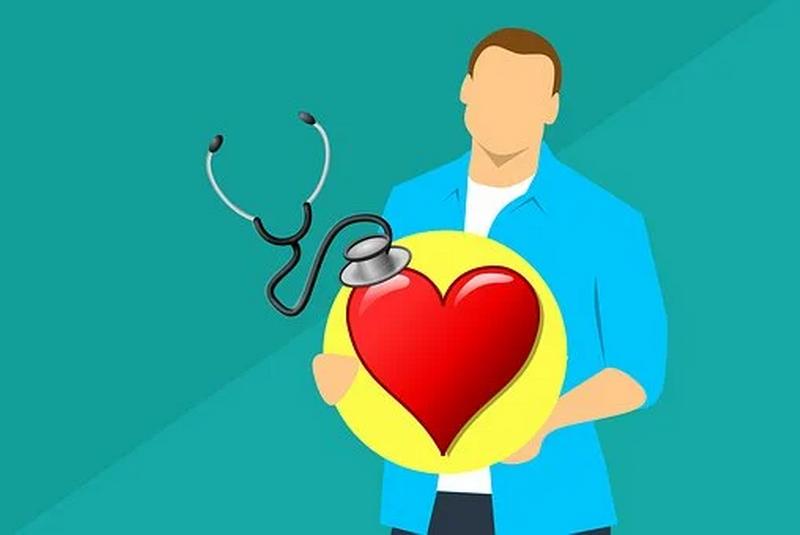What Should I Ask the Cardiologist at My First Check-Up?
By Dr Reginald Liew

Going to see any new doctor can be a nerve-wracking experience. Heart problems are a leading cause of death in many places, making heart health of utmost importance. If you have a problem with your heart or a family history of heart-related issues, the sense of agitation can be even worse when seeing a cardiologist for the first time.
A cardiologist visit is necessary to understand what is happening with your heart and how to treat any problems. Going into your first cardiology appointment prepared with questions on understanding your health will help you feel at ease, and you’ll leave with a better understanding of your problems. Write down questions as you think of them, so you’ll be sure to remember everything you want to cover. If you don’t know what to ask, here are a few places to start.
Why am I here?
This question may be obvious, but, on the other hand, you may not know. Your regular doctor probably told you you needed to see a cardiologist about some symptom you are having or because of a family history of heart disease. But what does that specifically have to do with you? Why couldn’t your regular doctor treat you? Why do you need a cardiologist and not some other health specialist? Having these answers will help you better understand the issue or condition you may have that brought you to a cardiologist for the first time.
Why do I need this test?
Cardiologists will often run several tests to check your blood levels, blood pressure, and the function of your heart, arteries, and lungs. Having these tests can be stressful, so knowing what the tests are, what they will say about your health, and why you need them will help you feel more at ease while they are being administered. It’s also a good idea to ask when to expect results. Waiting for the phone to ring with critical information about your health is stressful, so knowing when the call will come or when to return to discuss the results with your cardiologist will help keep your mind at ease.
How often do you adopt new treatments and procedures?
One thing that many people forget is that doctors are not all-knowing. Medicine is a field that is continually changing, evolving, and coming up with new treatments. All doctors should take steps to ensure that they are using the most current and trustworthy techniques to give their patients the best care possible. It is best to find someone with a healthy view of long-term, established treatments but also stays on top of the latest medical trends. You don’t want a cardiologist who uses the same techniques to treat heart health as they did 20 years ago, as medical knowledge has advanced significantly since then. On the other hand, you don’t want someone who will jump on the bandwagon for every new, untested technique. Knowing how your cardiologist operates to stay on top of medical knowledge will allow you to feel confident in your treatment.
Why are you prescribing this medication/treatment?
Asking this question allows your cardiologist to showcase why they’ve chosen your specific treatment plan. They will go over the different treatment types they had to choose from and explain why this is the best route. You should also ask about any risks this treatment plan has, what benefits it offers, and if there are any side effects or any drug interactions (based on your prescriptions and over the counter medications) that could cause problems. If any of these answers sound alarm bells for you, make sure you bring up your concerns and discuss the option of alternative treatments.
Are there any lifestyle changes I should make?
Lifestyle changes, even small ones, can have significant positive impacts on your heart health. Your cardiologist may suggest you stop a bad habit, like smoking, or pick up an extra hour of exercise per week. As heart doctors, cardiologists are uniquely qualified to give advice for your specific age group, weight, activity level, and diet. Even if you live an exceptionally healthy lifestyle, cardiologists may be able to give you some extra pointers to safeguard your heart further.
Are there any symptoms I should look out for?
If you’re seeing a cardiologist, chances are either you or your doctor have some concern for your heart health. Whether you’ve been having chest pain or have a close family member with heart problems, you’re in that office for a reason. Now that you’ve had the tests, gotten a diagnosis, and agreed on a treatment plan, it doesn’t mean your time for vigilance has ended. Knowing what symptoms could arise that means your treatment isn’t working or your condition has become worse is vital in preventing a major heart-related episode.

